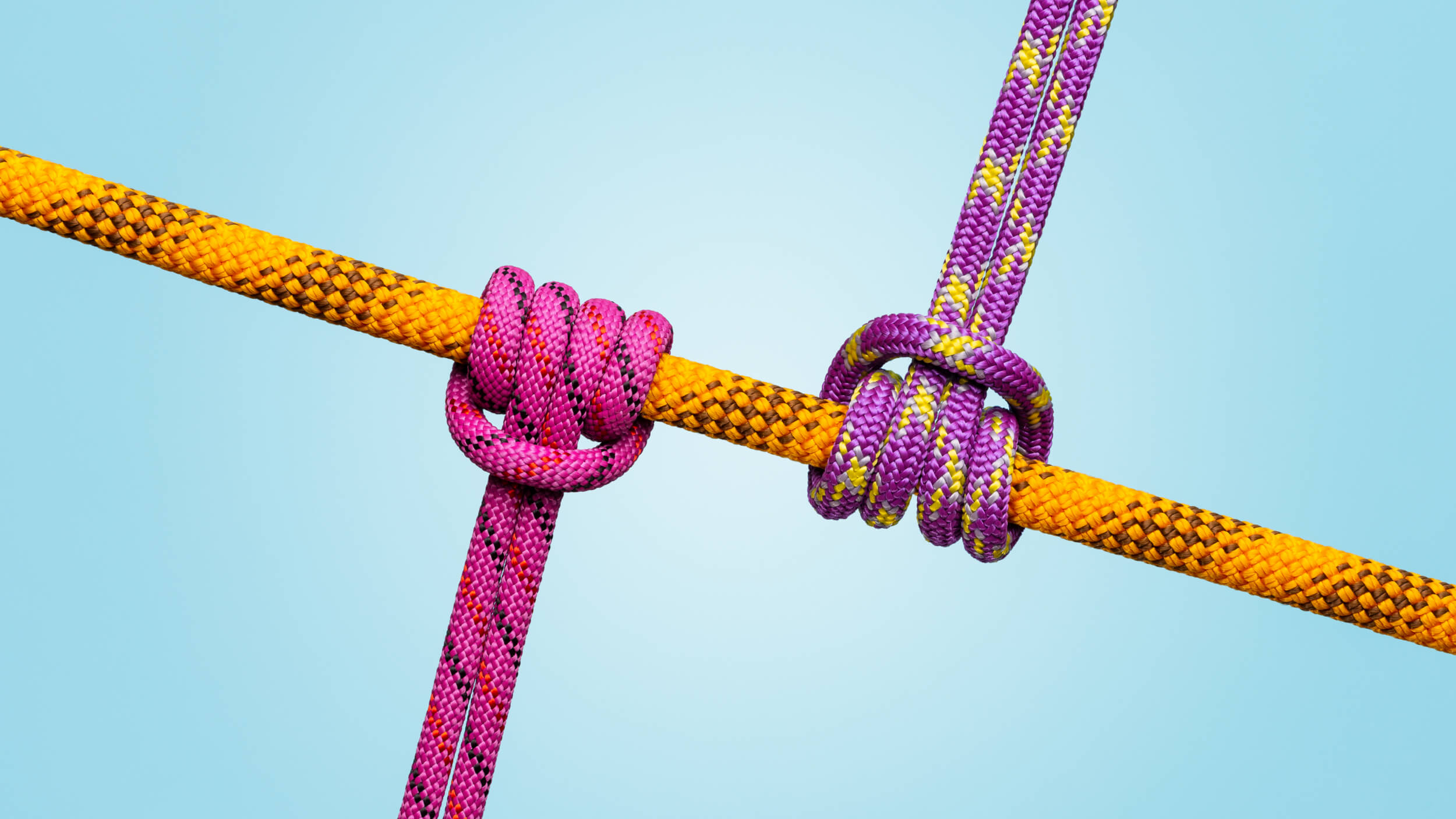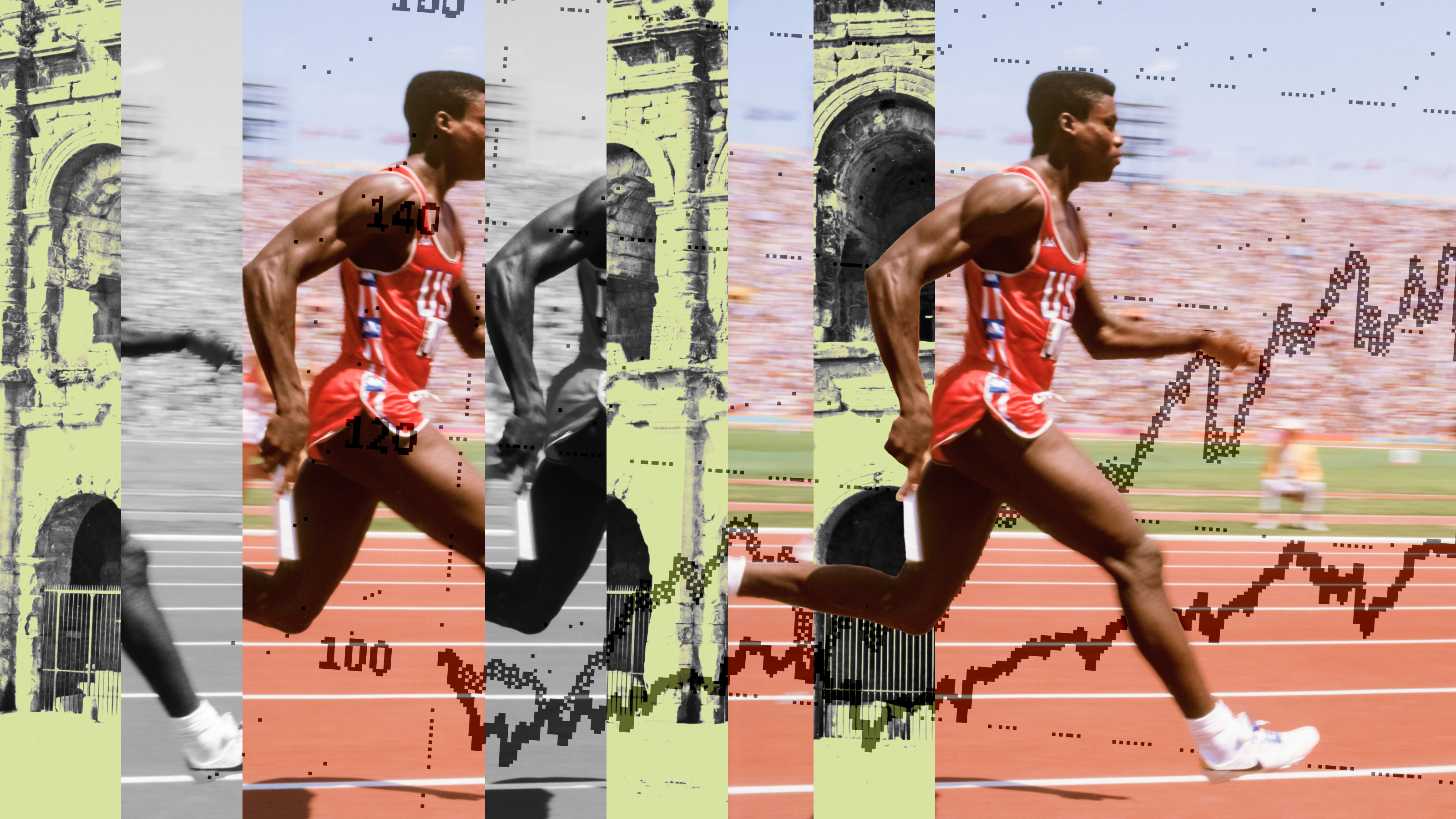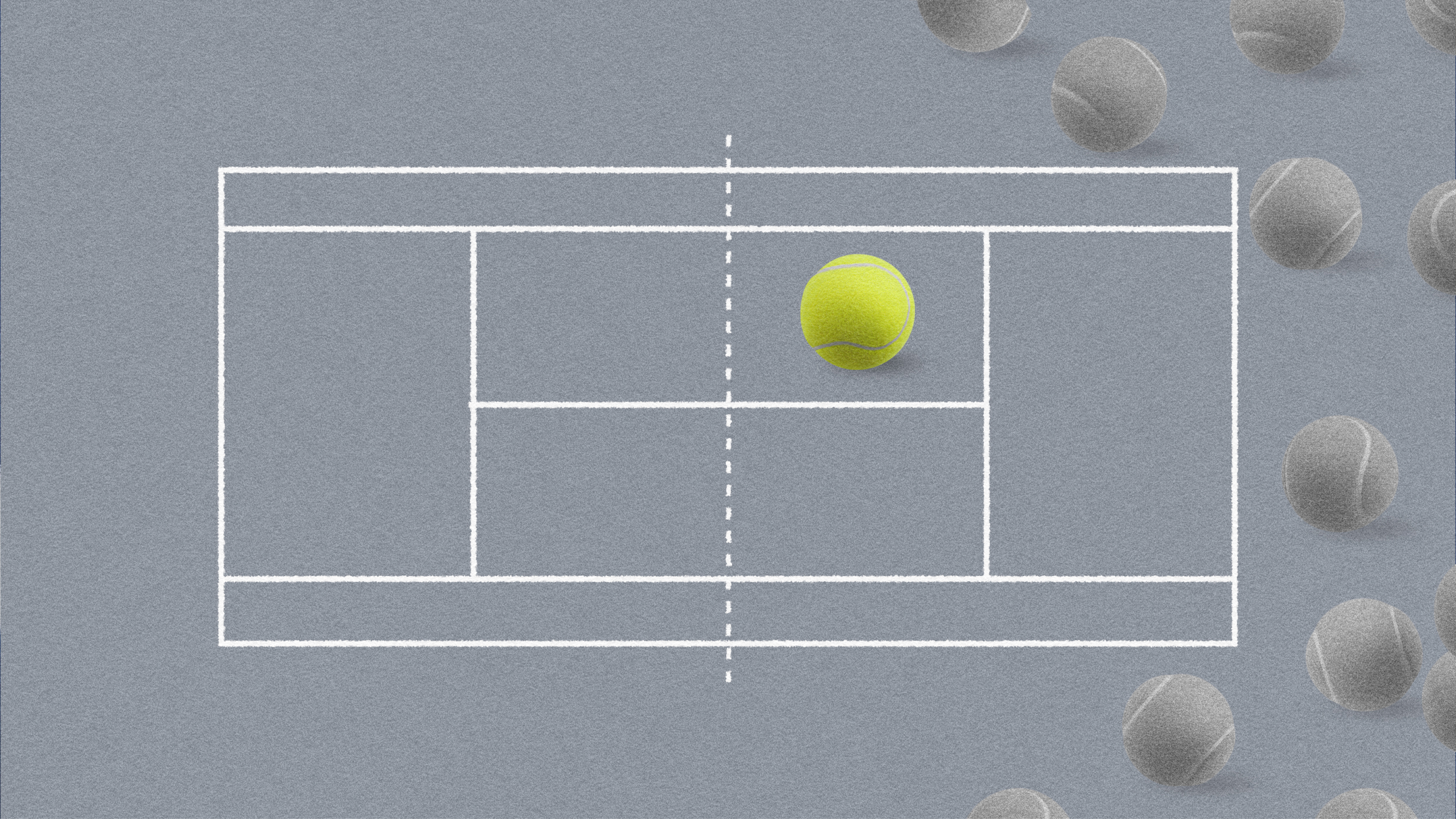Question: What happens on a volunteer brigade to New Orleans?
Alex Epstein: We usually have application on the website for about two months and we go out and do presentations to different schools and sometimes that can be one presentation and the entire school comes in assembly or you go from class to class or it changes base on what school but we do presentations and encourage kids to sign up and then about a month or so before the trip, we go to the selection process and we pick the groups and then from then we make sure that we have two meetings with students and parents and then 2 meetings with just students so that they get to know each other a little bit before we go and we get to give them the history organization of what we’ve done, kind of what we’re going into. And then, we fly down as a group and in New Orleans we actually own a bus, so we just bought a second bus which is really exciting and so when we’re there we drive around in our busses but the first days is mostly just flying and settling in but day, the first full day we go on levee tour. And we start with an orientation about the history of NY2NO, who we’ve worked with, how we’ve gotten to where were at and then we go out on a tour and actually see the different levees and see the different neighborhoods and we give everyone an opportunity to kind of see with their own eyes and understand what it is that their getting themselves into and the neighborhoods that they will probably be doing working. And that’s a big day.
There’s no physical work really on that day but it’s the roughest day for everyone because it’s so emotionally and mentally draining because most people have never heard anything like this before, seen anything like this before so that’s usually how that day goes and every night we have a debrief and basically the way that that works is we bring everybody together and we sit in a circle and we run by consensus and so what we do is we sit in a circle and we have around and so everybody has about one minute to speak about their day and their feelings of the day or any thoughts and once we’ve gotten around the whole circle, then we go into what we call cross talk and then anybody can just kind of interject and say whatever they want.
And I’ve realized that, overtime, that the round is really just kind of like a warm up for the cross talk because when people have the freedom to really say what they want to say without so much time constraints, it all break a lose and you’ll never know what’s really going to come up but that’s where the real learning happens and that first debrief as of the levee tour are mind blowing and each day, following that day, they are as well but they’re different everyday.
And I guess, starting on the second day, we now work with the bunch of different organizations and in the morning, our students do physical work whether it’s gutting a house, rebuilding house, cutting down grass and yards and now big projects that we’re working on build a community gardens and so we do that in the morning and then in the afternoon, we go canvassing and that’s just knocking on people’s door and speaking to residence and that’s really the most important part of the trip because it gives our students a chance to speak to the people who are actually here for Katrina and who really live through and we’re dealing with these issues day to day and they hear it from them and not from us, not from the media, not from the government like directly from the people and we break people in the pairs and they go and it’s really great on them, a number of different levels.
One, its primary source for our students to really get information.
Two, it means a lot to the residence because really, in the Ninth Ward, there’s really only one house on a block in certain areas some places are more populated than others but a lot of it is still pretty desolate.
For them to see volunteers from New York come down just to hear what they have to say it’s not about filling out a flier or doing a survey or anything. It’s really just to hear what they have to say and stuff like that so it means a lot to them but for us, for our students it’s great because they get a connection with the real person down there and also the two people that we paired up generally probably won’t, have known each other yet especially earlier on in the week and so just the experience that these two students have, walking down the streets of New Orleans together and knocking at homes and meeting these amazing people. It bonds them forever and everybody; like two people who would have never ever given each other a second look ever before could be best friends by the end of that one day
Recorded on: March 12, 2009





